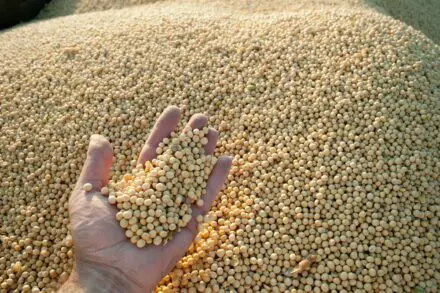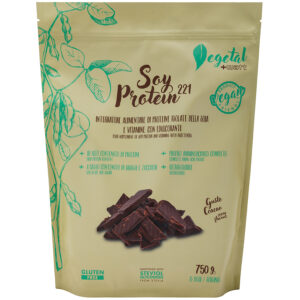Soy proteins
The amino acid profile of soy proteins is different from that of animal proteins (serum, casein, eggs) and what distinguishes it is the presence of phytoestrogens. The main phytoestrogens of soy are isoflavones, especially genistein and daidzein. Isoflavones have various beneficial effects on the body in that they balance estrogen activity in women and help lower LDL cholesterol levels (Zhuo et al., J Nutr, 2004).
INTERACTIONS
Soy is a widespread allergen in Europe, so soy-allergic individuals cannot take even proteins alone.
+Watt Advice
Recommended use: dissolve 3 scoops of product (30 g) in 250 ml of water or skimmed milk. Women get more benefits from the consumption of soy protein than men. Indeed, soy proteins can be assumed also as an aid to counteract osteoporosis and hot flashes in menopausal women (Mirza & Rahman, WJPPS, 2015).



